For decades we’ve heard and been part of conversations around gender bias in the workplace. While organizations have been taking steps to combat this issue, the biases still exist. What really makes this problem a stubborn one? Is it because of our deep-rooted societal beliefs and gender stereotypes? Is it because we aren’t acting fast enough to tackle the problem? Working toward building a world free of bias is not just a women’s issue. There needs to be a concerted effort from colleagues of all genders, thereby lending support to behavioral changes within the organization.
The theme of International Women's Day this year is #BreaktheBias. This theme calls on individuals and organizations to speak up against bias, stereotypes, and discrimination. At ThoughtSpot, we are committed to building a company that is more flexible, asynchronous, and inclusive. We know that building a diverse and inclusive team isn't just the right thing to do for our people, it's the right thing to do for our business. Diverse perspectives, cultures, genders, races and backgrounds, all add tremendous value in helping us solve complex problems.
Breaking the bias
I had the opportunity to speak with some of the inspiring women at ThoughtSpot and understand from them, first-hand, the challenges women face and how organizations can help break the bias.

"I think one of the most effective ways to combat bias is to address imbalance. Far too many organizations, departments, and roles have workforces skewed toward one dominant group of people. When you have an environment in which one group dominates, you create a homogeneous culture which dissuades inclusive behavior and alienates people who don’t fit into that category. You also naturally end up with that group making all the rules and decisions which may serve that dominant group, but leave other experiences and interests behind.
Companies need to take a very committed and active role to not only recruit and promote, but also retain diverse employees so that everybody’s interests are represented. One example, women in leadership may lead to more family-friendly policies which ultimately help other women succeed. This also creates an environment where men can be free from the stigma to prioritize family. "
- Gabi Sicher, Director of Professional Services, EMEA

"As individuals, we have to first start being aware of unconscious bias we may have, which itself can help reduce our reliance on generalizations or subtle stereotyping.
Everyone needs to take proactive steps to learn about the capabilities of other people and not judge them just by gender, ethnicity, or background. As you become familiar with more facts of people from different groups, you will become better at seeing them as individuals. There’s no shame in asking for help when you need it or seeking feedback on decisions. This can help clear the blind spots especially in the absence of facts. With some conscious effort, we can greatly reduce our own unconscious bias by treating others more fairly."
- Smitha SR, Office Manager
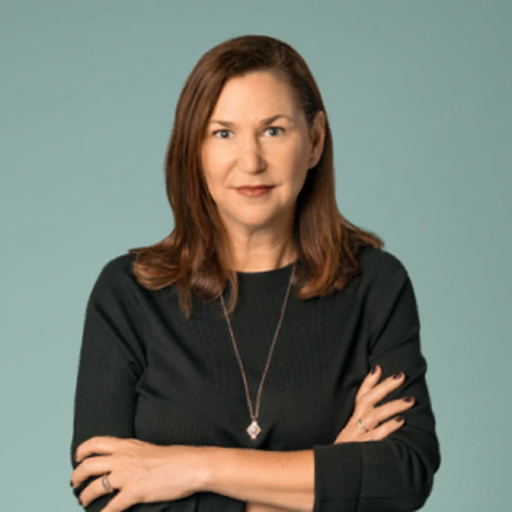
"It’s really well known that unconscious biases can shape how we perceive others when interviewing. Yet this doesn’t have to result in an unfair process or in missing out on a great new hire. Being aware of our biases means that we can consciously check ourselves. International Women’s Day is a teachable moment for colleagues to reflect and learn new skills and methods of understanding and managing their people processes.
An easy step would be to define the questions that all interviewees receive, and what a good answer needs to show, and withholding judgement until all the evidence is gathered. This is vital to, as IWD demands, #BreaktheBias."
- Pam Holmberg, Vice President, People
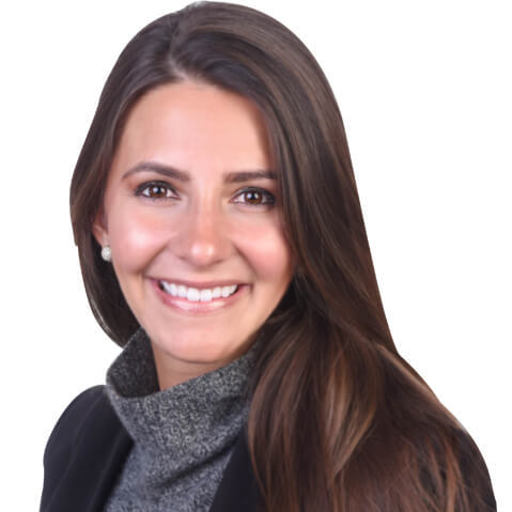
"It’s important to understand that unconscious bias in a workplace can affect hiring, promotions, evaluations, dismissals, customer service, sales, revenue and much more. Hence, it’s important for organizations to educate employees to help create change. Some of the ways to improve this is by providing a platform for an open dialogue between leadership and employees, while also driving training and awareness sessions for all. We should encourage the initiative to go beyond the classroom to employee resource groups, mentoring programs, and ongoing benchmarking against best practices so that we improve collectively and not just at an indivisible or divisional level."
- Nina Carazas, Senior Enterprise Sales Executive
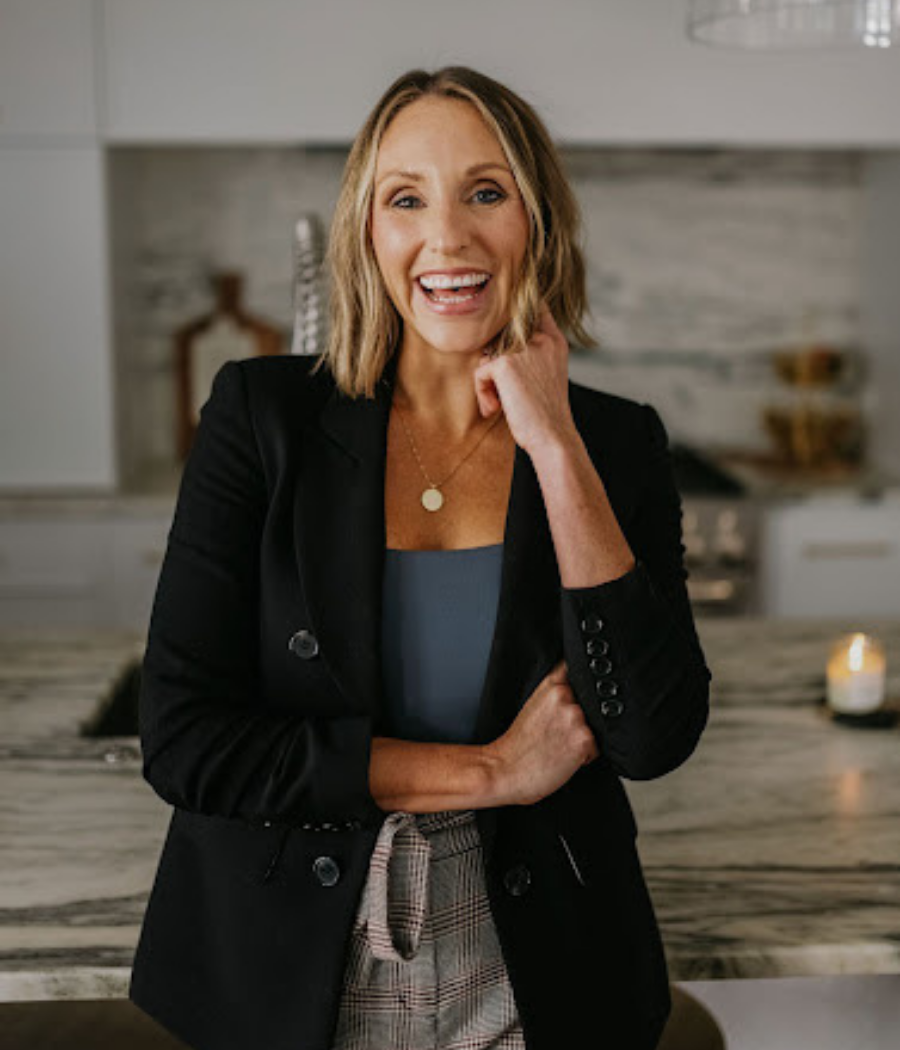
"I think two simple ways to deal with unconscious bias are transparency and accountability. Being transparent about hiring, promotion, and evaluation criteria eliminates many subjective aspects to an employee’s career progression. If everyone is measured by the same metrics, we can be very clear on where to aim. Another useful tactic is holding the leaders of the organization accountable to the values it promotes. If an unbiased workplace is important to the company, the leaders should be measured on their contributions to that goal. In addition, employees and direct reports should have a safe space to score their leaders and provide honest feedback on how biases are being mitigated day-to-day in the field."
- Kyle Grady, Director, Field Marketing Americas East
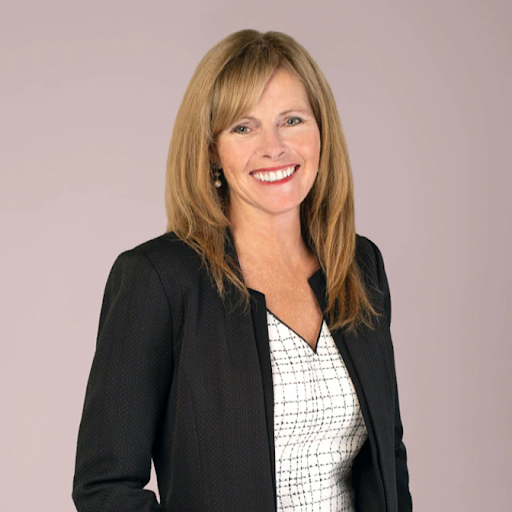
"The Chief Data Officer and analytics leader role is particularly difficult in this new digital economy where businesses are trying to leverage their data for competitive advantage. As technical professionals rise through the ranks to leadership they need to speak the language of the business. Women should feel confident that their technical skills, combined with excellent listening and collaboration skills, positions them well for success in this disruptive time. Instead of pursuing perfection, pursue excellence. Proactively monitoring and battling burnout is vital to pacing how women and their teams stay on top form as a growing force in technology."
- Cindi Howson, Chief Data Strategy Officer
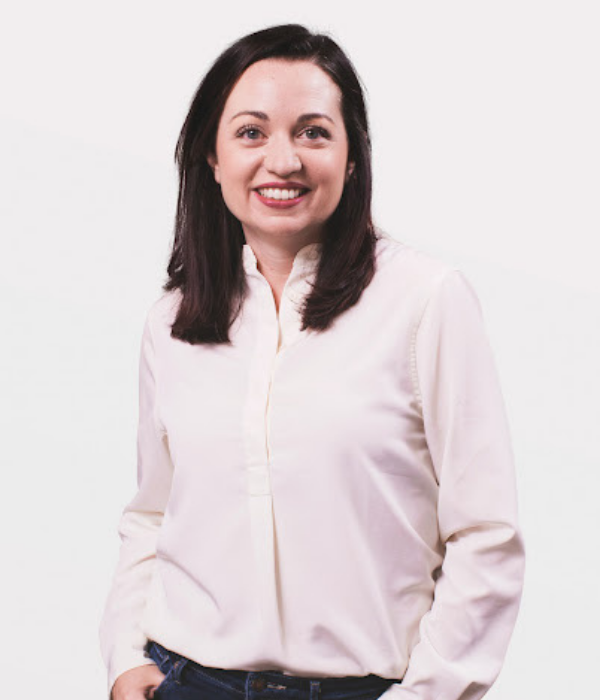
"We all have our own biases that are a culmination of our personal and professional experiences. These are things we were taught or learned growing up, and the information we process every day. The more self-aware we are of our own biases, the better we are at catching ourselves in the act of buying into stereotypes or hiring someone who is similar to us versus different, when both are equally qualified.
I’ve been leading and building teams for 10 years and working in the tech industry for 14. The most successful teams I’ve served have been the most diverse, open-minded, and inclusive. I work very hard to break bias every day in the way I communicate with my colleagues, hire and promote great talent, and ultimately build a culture of trust and inclusivity where everyone is heard and feels safe. I’m fortunate to lead a team like this at ThoughtSpot where we have an open, inclusive environment. It’s my job to continue to provide this kind of culture so everyone on the team can thrive."
- Kristin Agnelli, Senior Global Director, Sales Development
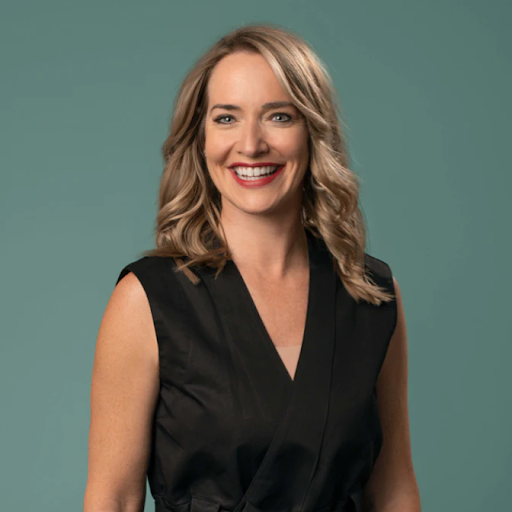
"Many women recognize personal brand is vital for success but most don’t have a vision or a plan. Apart from the skills that you possess and learn over time, personal branding is something that, if done right, can be a very valuable asset of yours. Women in particular are less apt to advocate for themselves than men. Many feel that if they keep their heads down and work hard, the rewards will come. Some of the earliest career advice I received was, “in every interaction you have outside your core group, be memorable. Think, what do you want people to say about you when you are not in the room? As women, we have the power to determine and control our own reputation, whether through our actions at the workplace or through what we decide to share externally. We are able to create our own sense of differentiation and confidence. Seek out trusted advisors, mentors, and sponsors who can help you grow, advise you, and support you. It is vital that all female leaders support other aspiring women leaders and create greater awareness and solidarity on the value and urgency of a personal brand strategy."
- Emma Robinson, Senior Vice President, Marketing
Creating systemic change
At ThoughtSpot, we have an amazing community of Spotters who strongly believe in fostering a diverse and inclusive culture, where everyone feels heard and seen. We also acknowledge that there is still much work to be done universally to create workplaces where all women are and feel valued. Each of us has a pivotal role to play in breaking gender bias, building up women in the workforce, and supporting the community. The most significant way to create meaningful change is to create systems designed to eliminate bias - be it in hiring processes, or policies or behaviors, in general. The more we can work together to create positive change, the faster that change will occur.
Want to help create an impact in the community? Join us. Check out the open opportunities on our careers page today.














